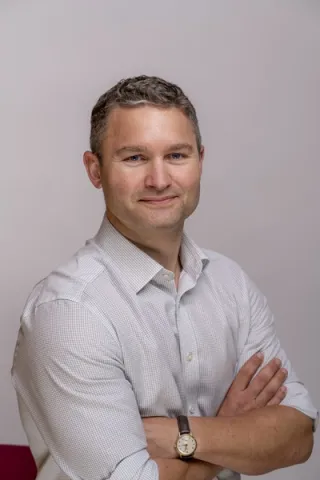About the project
This project will focus on mechanically characterising porous materials under combined pressure and shear loading to determine the effect of complex combined loading on mechanical response, and thus load transfer to soft tissue in the body.
Interface materials between the body and external supports play a consequential role in determining the mechanical loading that the body will experience. Intensive and prolonged mechanical loading (pressure, shear) at body interfaces can cause soft tissue damage and chronic wounds, for example pressure ulcers, which can affect quality of life for many patients in the general field of prosthetics and orthotics (P&O), including prosthetic socket interfaces and special seating for wheelchair users. Typically, soft elastomer foams are used as cushioning interface materials to help distribute loading and reduce the levels of pressure and shear that can lead to damage and injury.
Additive manufacturing (such as 3D printing) techniques will be used to manufacture porous elastomer materials with controlled pore geometry in order to assess the effects on combined mechanical properties and inform the design of better interface materials that can help to prevent tissue damage and injuries. Suitable applicants will have an undergraduate degree in an engineering or scientific discipline with a strong background in mechanics of materials. Knowledge or experience in related fields such as mechanical testing, mechanics of porous materials, biomechanics of soft tissue, etc. is desirable.
This is primarily an Engineering project aimed for potential patient benefit. It will be run as part of the Centre for Doctoral Training in Prosthetics and Orthotics. The successful candidate will have access to unique training programs and engage with students from multidisciplinary backgrounds. The student will also be supported by a supervisory team with multidisciplinary expertise in this field and well-equipped facilities.


